Americana
By Luke Healy
NoBrow Press
The Pacific Crest Trail runs from border to border through California, Oregon, and Washington, 2,600 miles of hiking from Mexico to Canada that calls out to as many as a million hikers a year. Some of those are thru-hikers, who make the journey from border to border.
I live on the other side of the country, but my home, North Adams, MA, is on the Appalachian Trail, which inspired the Pacific Crest Trail. I see hikers crossing town all the time, going to my Stop N Shop, having pizza picnics. I know a trail angel and have an uncle who has hiked the trail and has spoken of trail culture. North Adams was in the Bill Bryson book A Walk in the Woods. And I have been on some of the trails for short hikes.
So I didn’t enter into Americana, Luke Healy’s account of conquering the Pacific Crest Trail, without any familiarity with at least the world he spoke about, if not the specific trail. What he puts on the page is consistent with everything I’ve ever known about the culture of these trails and the transformative power they have on people.
Healy is an Irish cartoonist, but he’s long been enamored of the United States. He attended the Center for Cartoon Studies in White River Junction, VT, and it has long been his goal to be in the U.S. permanently. His hike on the Pacific Crest Trail is the result of much of this desire snowballing over the years, after dealing with a mounting desire for America through the media he consumed, and then getting tastes of what life would be like during his time in Vermont, which were restrictive because of his visas.
In Americana, Healy takes an interesting tactic in recounting his journey, exchanging his narrative between comics and prose. The comics typically depict the activity of the hike, offering visuals for the terrain that he is moving through and for the sometimes tedious, often silent passages and struggles that are inevitable in such a journey. He also uses them to depict small talk, interaction with others.
The prose sections of Americana typically provide background, logistics, and also what is going on in his head. It’s in these sections that Healey fills out the story of his relationship with America, and takes the reader back in his family history to provide a context for his feelings about the country.
In both, though, Healey captures the two greatest appeals of such a venture — the grueling but addictive torture of the journey and the casual, quick bonding with strangers.
To the former, the reader suffers along with Healey, listening to his complaints, grimacing at his aches, injuries, and frustrations. But as all of those coalesce, the purpose behind them become clear — achievement, endurance, and the meditative quality of a long journey on foot.
To the latter, Healey captures the strange mix of people who congregate on such trails with only one sure thing in common — the desire to walk the whole thing. Thru-hiker culture is revealed as one where people ebb and flow, appear and disappear. You don’t have regular hiking partners, but rather companions that move along and then you meet again. It’s an organic formation that takes care of itself, and the brief, recurring companionships that stick are defined by personalities, sure, but also by hiking styles, if they are complimentary. And the level of trust extended between strangers is remarkable and rare.
Americana is as epic as the hike he took. At over 300 pages with the mixed narrative presentations, there’s a lot packed in there, both high emotion and calm rumination. He captures all the aspects involved in taking such a hike, and I don’t mean just preparations, but the pathways to ending up on such a trail. It’s a perfect book anyone you might know who wants to take a similar journey — or just wants to know what it would be like, but doesn’t see themselves ever doing it. Healey captures the terrain and the experience, sure, but he also captures the meaning without ever restricting it to his own definition.


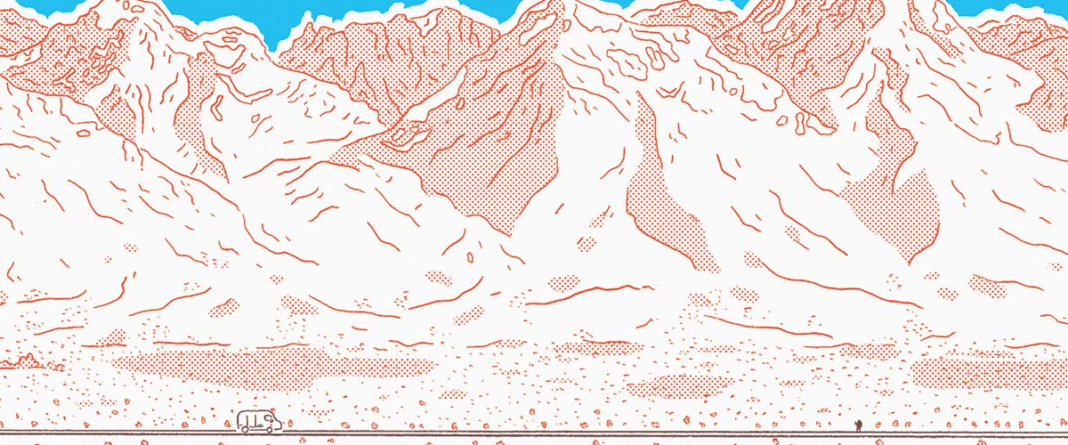
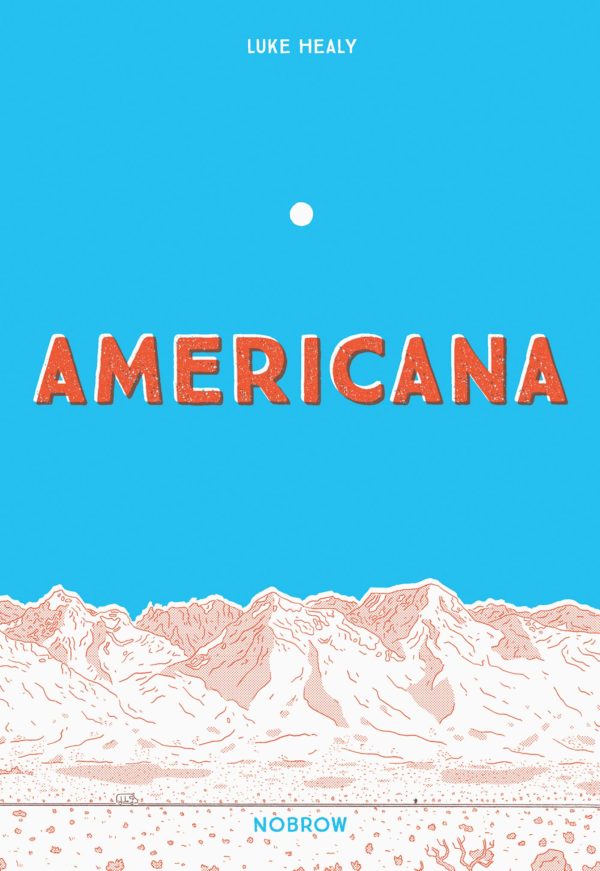
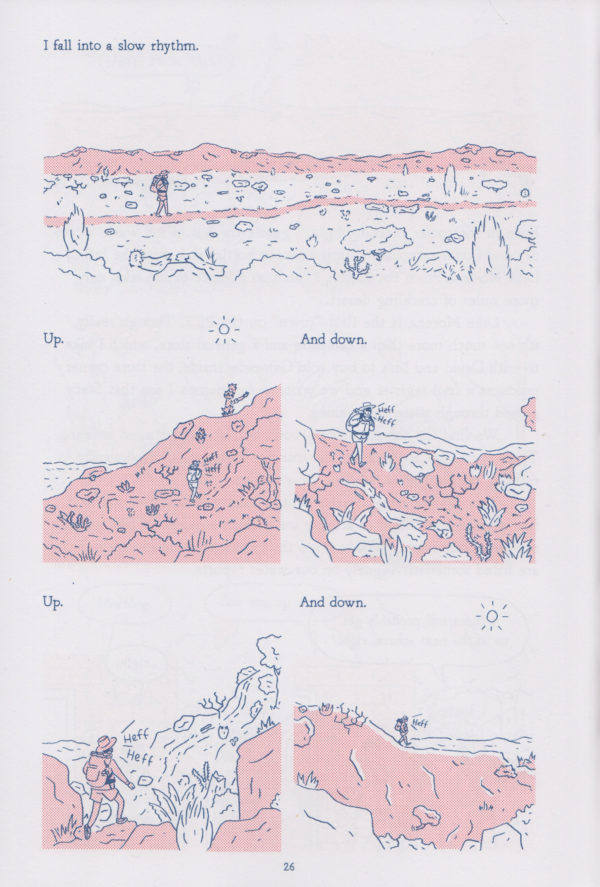
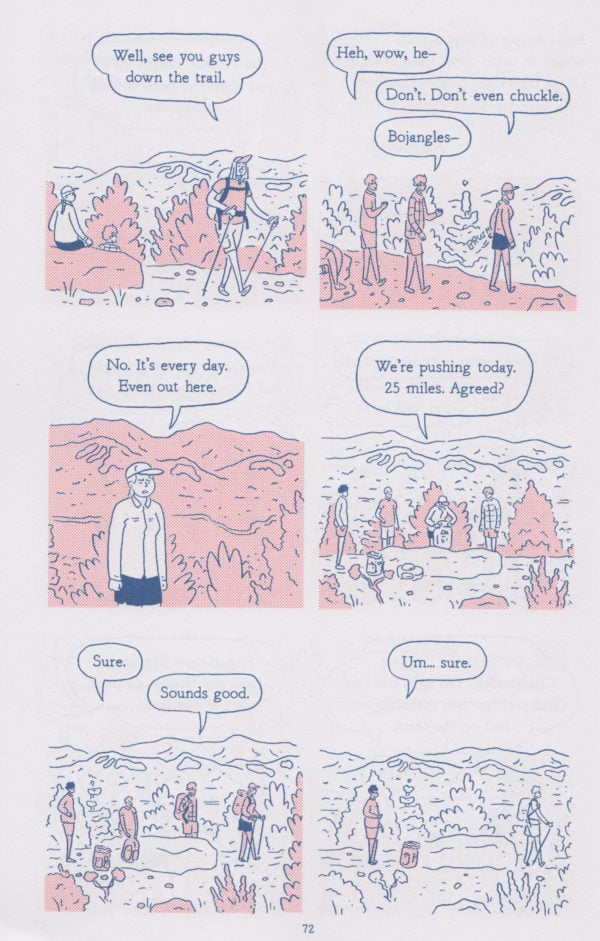
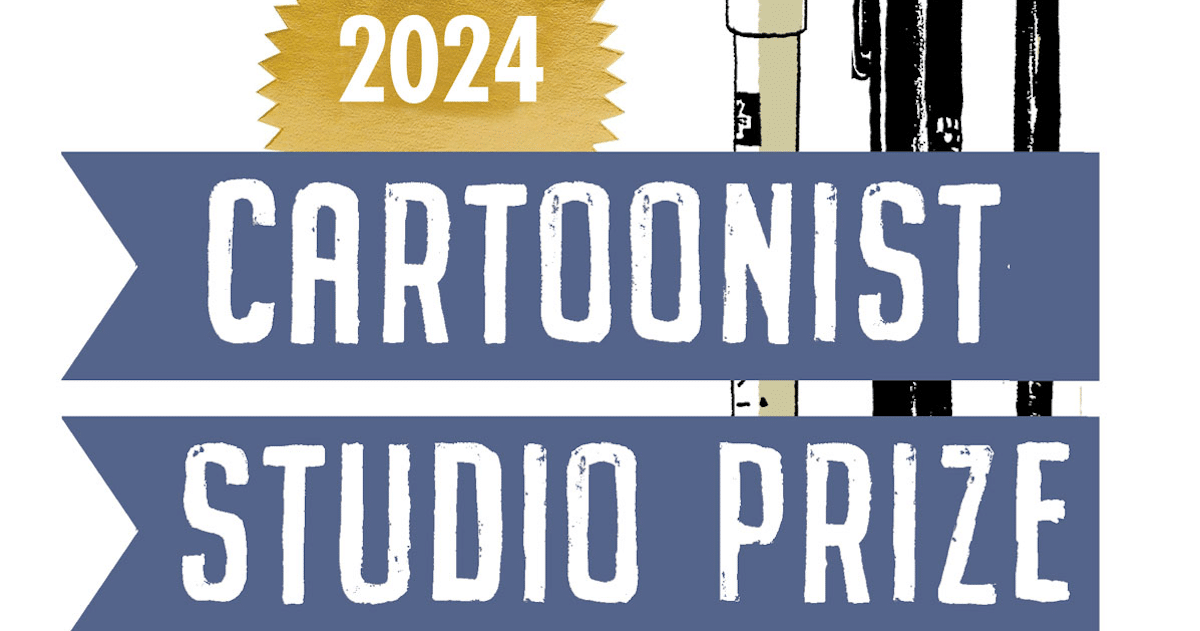
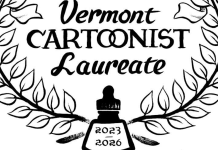



Comments are closed.